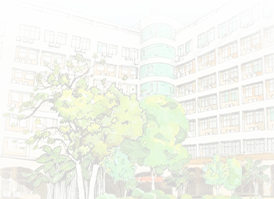Life in JNU was very eventful and it’s very surprising to note how 5 years just flew by. I Feel like it was yesterday I was 18, walking the lane beside the library to attend lectures and trying to adjust to this whole new country.
But it’s not just me; we all have been through that. Adjusting to food and even the timings of eating food, the language barrier, cultural differences, home sickness, batch mates; we all have come a long way. If you have overcome all that, kudos to you! It’s these pitfalls that help us learn and grow.
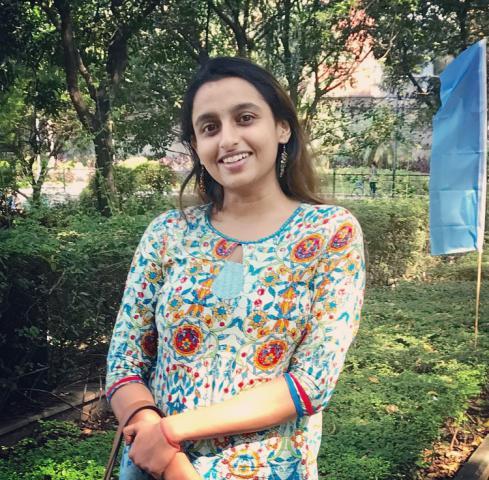
IMPORTANCE OF CO-CURRICULAR AT JNU
Jinan has ample opportunities for every student; you just have to go forward to seek them. There are so many co-curricular events happening every month. These events help discover your hidden talents, make you more productive, help you socialize and most of all give you experience. It is very important to gain this experience, be it in any form. Sitting in room, only stepping out to attend lectures is not going to help you much.
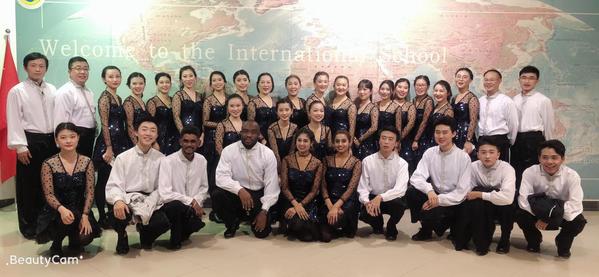
METHODOLOGY FOR SEMESTER STUDIES
But an obvious advice: studies come before co-curricular. Managing them and your personal life is a skill we all have to learn. There is a time to play and there is a time to work, never mix the two.
Among studies, your first priority is your current semester subjects. Even with the perspective of licensing exams, doing the semester subjects with conceptual understanding is a big step towards your preparation. Rote learning doesn’t stay with you long enough but concepts do. Get Q/A books of the same subjects and solve it after you finish every topic. Question solving is very essential for building concepts and understanding the kind of questions that examiners ask.
Many of the subjects correlate with each other, for example, surgery correlates with anatomy, medicine correlates with pathology and pharmacology. Never miss an opportunity to review these previous subject topics. Find a quick source like a review book to refresh that basic concept to understand and cement the advanced concept. It has so many benefits and saves your time. Studying smart is any day better than studying hard.
IMPORTANCE OF CHINESE CLASSES AND CLERKSHIP
Don’t take Chinese language classes lightly. Since most of you will be completing your internship from the university, it’s even more important. After all, it’ll be great that you know the most common native language of the world. When you go to the hospital, be attentive and gain the clinical knowledge. Step-up and interact with patients, take histories, present the cases, discuss cases with teachers and friends and do the practicals diligently.
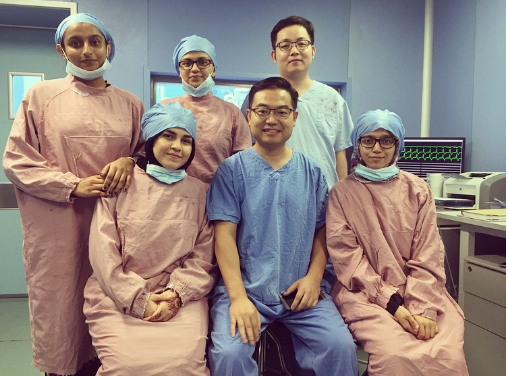
‘NEXT’ AND PREPARATION
With the whole medical system of India getting a complete makeover, and ‘NEXT’ arriving soon, it’s best advised to start gearing up from now. You will be writing it with Indian graduates, and PG seats will be allotted according to it. Most importantly, unlike FMGE which is twice every year, this exam will be just once.
The exam is going to be clinically oriented; much like the august 2020 FMGE pattern but you can expect the difficulty to be higher. Follow YouTube accounts of renowned PG teachers as they give great advice and latest updates. Join communities and groups on various social media platforms which have many other MBBS students, both foreign and Indian. You will get latest updates, many question discussions and a good platform for solving doubts as teachers are also a part of them. Look through the questions paper of august 2020 FMGE to get an idea what future exams hold.
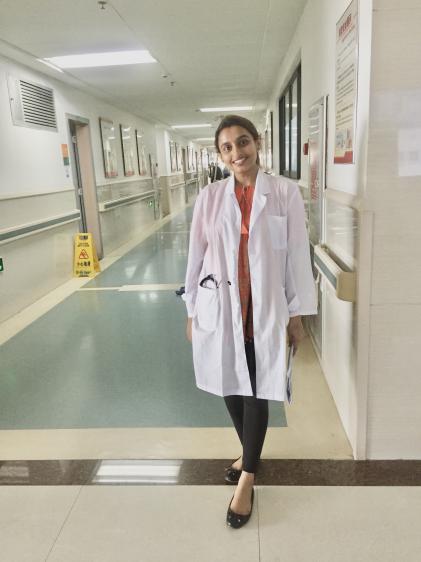
Now, what can you do at your level to be prepared for the future?
Work on your concepts and solve questions daily. There is no need to overburden yourself with stress or heavy study material. Start this approach with the semester subjects first, if you have time left then only pick up a previous semester subject. Refer to standard medical textbooks for semester subjects and MCQ practice. For clinical questions you can refer to USMLE books. Once again, it’s very important that you keep your study material limited, and take as much as you can handle.
If studying from textbooks is not your thing, get a Prepladder or Marrow subscription and study from their videos daily. The end note is, find what suits you best and stick to it. The latest FMGE exam was full of images and you can expect the same in future exams, so pay extra attention to understanding the important images.
GROUP STUDIES
Coming to the mode of studying, individual studying can get monotonous and dull so find a group of friends and make a small study group where you discuss and revise topics. The main motive of group study sessions should be to get better understanding, help each other and de-stress. So, set a time for studying, follow it diligently and have fun in the rest.
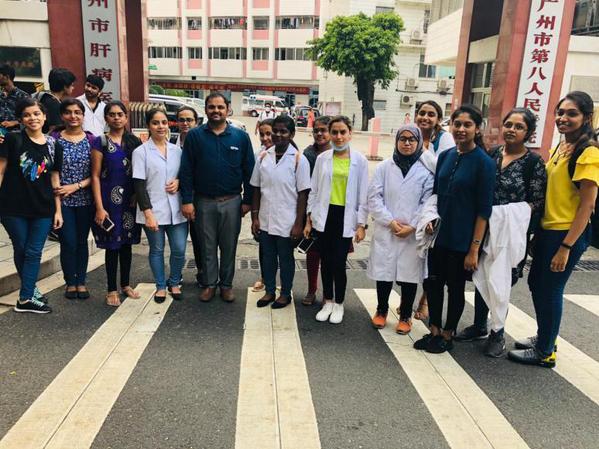
GROW AND HELP EACH OTHER GROW
Covid-19 has been a devastating time for the whole world. But please don’t lament on how you are not in college etc. You have to deal with it and make the best of the situation. With the comfort of your home take out more time to relax and study, have group study sessions during weekends and de-stress yourself. None of you are alone, so please help each other if anyone is feeling low or is having difficulty coping-up with studies.
Lastly don’t be afraid to make mistakes, because little embarrassment now will save you from a ton of embarrassment in the future. Make the most of what you have now to gear-up for the rough environment that us doctors have to work in.
If asked what I would like to change about my time in Jinan, it would include quite a few of the things I have mentioned above as I have written all this from my experience of five years and all the mistakes that I made. While preparing for FMGE, I discovered various discussion platforms, amazing study sources, realized the importance of conceptual studies and question/answer solving. And that is what helped me pass it in my first attempt.
In the end, I just want to say: if I can do it, so can you!
Written by Supriya Singh


